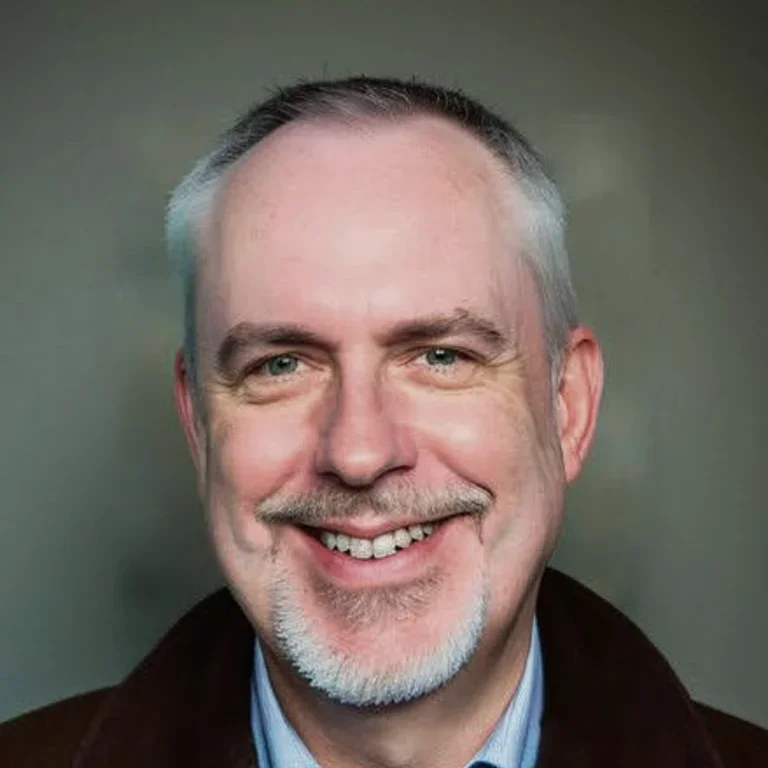By Tom Watson, Lecturer in the M.S. in Nonprofit Management Program, School of Professional Studies; President, CauseWired
This is a year during which we will hear almost daily that American democracy is on the line, that the 2024 election will decide the future of our republic, and whether U.S. civil society will continue to function.
My strong belief is that the U.S. nonprofit sector and its influence on the NGO sector globally is a major component of a democratic civil society, and, while it is imperfect and clearly flawed in some respects–like democracy itself–it is a major engine of positive social change and improving people’s lives.
The growing and almost feverish distrust of all institutions has created a significant challenge for nonprofit organizations. The storyline is both blurred and simplistic. There is too much emphasis on politics, polls, personalities and the horse race—and not enough insight into how change actually happens.
As an instructor in Columbia’s M.S. in Nonprofit Management program, my mission on campus is to strengthen democracy via a channel that lies generally outside of politics. In my view, our Nonprofit Management program is a de facto laboratory of democracy, and our wide-ranging and challenging curriculum is training the next generation of leaders who will work on remedying society’s greatest problems.
As I embark on my 10th year teaching in the program, I can’t help but think back on all the incredible students I’ve had the good fortune to work with so closely. I’m following many of their careers, and I can see the impact they’re having on both the social sector itself and the millions of people who are helped by the organizations and campaigns they help to lead.
So as I look forward to this contentious political year, I can’t help but think that much of the work of protecting and extending democracy will follow the very pathways hacked through the gathering wilderness of extremism by our graduates committed to both building institutional strength and extending liberal social values.
Twenty years ago, the late Pablo Eisenberg challenged the nonprofit sector to embrace muscular advocacy and present a united front against the forces that might seek to weaken the republic. “That is the genius of our independent sector; it is at once the protector and enforcer of democracy,” wrote Eisenberg in the New England Journal of Public Policy. His words were prophetic.
Eisenberg, a fierce and eloquent critic on nonprofits and philanthropy and a committed social advocate who died in 2022 at age 90, believed that the next generation of nonprofit leaders would have to both assert the importance of our sector in civil society and be bold enough to move beyond technocratic collegiality in order to challenge the stale status quo of “acceptable” poverty, institutional prejudice, and widespread injustice.
In my Capstone classroom, where our students work on their consulting projects in the last major required course before they receive their master’s degrees, I see that challenge being accepted every week. More than just writing reports and giving presentations, our students more than often than not pick up the banner of the cause they’re supporting with enthusiasm. Every ounce of their coursework at Columbia, their professional skills, and their diverse lived experiences is leveraged to provide a major strategic planning blueprint for a real world organization. There’s real diversity of thinking and experience in our classes, and the creative tension always leads to a better product for our Capstone clients.
Financial management, development and marketing, administration and governance, ethics and best practices, program management and data analysis—these are the building blocks of stronger nonprofit organizations, foundations, and campaigns. They’re not the stuff of social media rants or viral videos. This is the hard work itself. If we accept that our nonprofit sector—or more broadly, the social sector—is crucial to the tensile strength of democracy in this country, then this is the work of democracy.
I tell our students that in order to succeed, they must be comfortable with imperfection, with the ongoing struggle itself—to run better programs, help more people, raise more capital, make a better case. That’s the real test, and it’s often institutional.
“The greatness of America,” wrote Alexis de Tocqueville in 1835, “lies not in being more enlightened than any other nation, but rather in her ability to repair her faults.”
Those faults were surely manifest two centuries ago, a quarter century before the abolition of slavery. Yet that American ability remains, and I think the future leaders in our program will be running a big section of the repair shop.
About the Program
Columbia University’s M.S. in Nonprofit Management prepares graduates for leadership roles within mission-driven organizations in a wide variety of contexts, including global and community nonprofits, foundations, education, healthcare, the arts, or as fundraising and development experts.
About the Capstone Course
Capstone projects afford a group of students the opportunity to undertake complex, real-world, client-based projects for nonprofit organizations, supervised by a Nonprofit Management program faculty member. Through the semester-long capstone project, students will experience the process of organizational assimilation and integration as they tackle a discrete management project of long or short-term benefit to the client organization.



